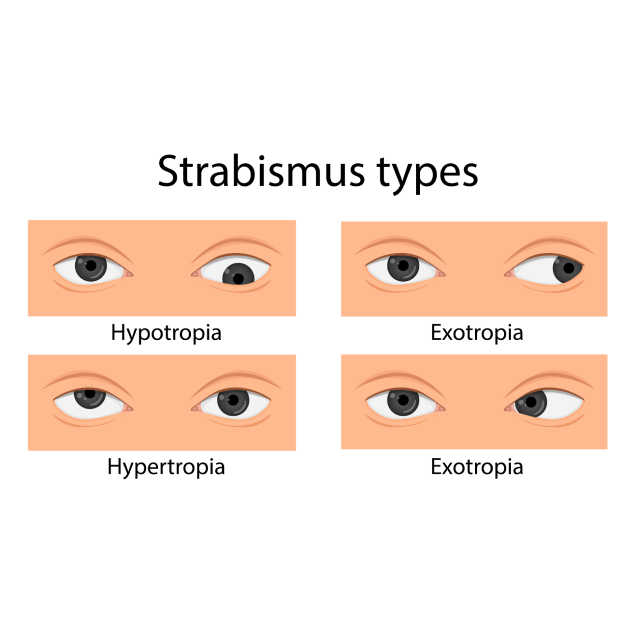Squint
Also known as strabismus, a squint occurs when the eyes are misaligned and point in different directions. Beyond the aesthetic concerns, squints can cause double vision and may indicate underlying issues with eye muscle control or vision development. Our specialists offer tailored treatments to align the eyes and restore binocular vision, including eye exercises, glasses, or corrective surgery.
eyeland
But what exactly causes squint?

Muscular Imbalance
Sometimes, weakness or paralysis of the muscles responsible for eye movement can lead to squint.

Nerve Disorders
Conditions affecting the nerves that control eye movements, such as cranial nerve palsies, can also contribute to squinting.

Genetics
If squint runs in your family, you may be more predisposed to developing it yourself.

Refractive Errors
Uncorrected vision problems, like nearsightedness or farsightedness, can play a role in causing squint.
In addition to our advanced equipment, our hospital features modular operation theatres equipped with state-of-the-art surgical instruments and technology to ensure safe and precise eye surgeries. We also employ advanced monitoring and recording systems to monitor patient’s physiological parameters during procedures continuously, ensuring comprehensive care.

